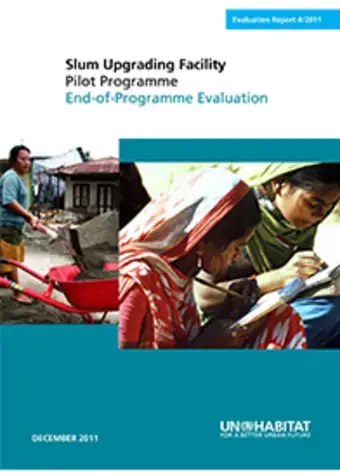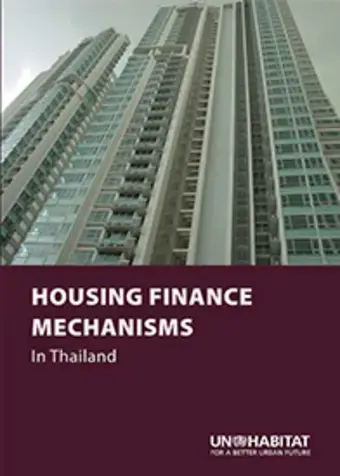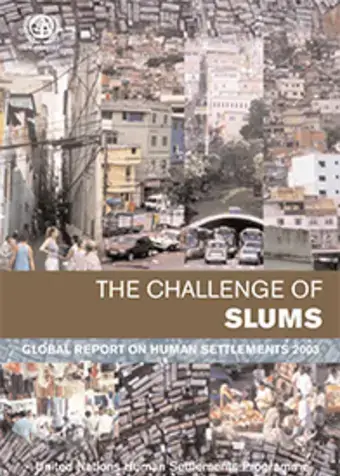 Nairobi, Kenya, 29 Aug 13 - Muungano, Nguvu yetu! Workshop participants during a field trip to Kambi Moto Nairobi's Huruma area where a participatory slum upgrading project is on-going. Photo : UN-Habitat/ Ivy Mutisya
Nairobi, Kenya, 29 Aug 13 - Muungano, Nguvu yetu! Workshop participants during a field trip to Kambi Moto Nairobi's Huruma area where a participatory slum upgrading project is on-going. Photo : UN-Habitat/ Ivy Mutisya
UN-Habitat has held the first consultative workshop on new opportunities for slum upgrading with better governance through a Participatory and Inclusive Land Readjustment (PILaR) tool.





